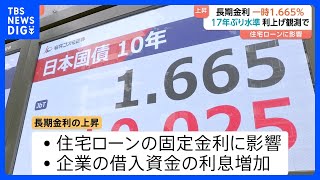Long-term interest rates in Japan, which influence fixed mortgage rates, rose to their highest level in 17 years. The yield on 10-year government bonds briefly reached 1.665 percent during trading on September 22nd, marking the highest level since 2008.
In an innovative approach to electricity demand control, frozen tuna stored at minus 60 degrees Celsius are now being used as a cooling agent. By temporarily shutting down refrigeration units and utilizing the fish itself to maintain storage temperatures, companies are beginning to reduce power consumption effectively.
The Consumer Affairs Agency has announced that Ajinomoto and Inglewood are suspected of engaging in stealth marketing practices related to their frozen home-delivery meal brand, “Aete.” The companies allegedly asked individuals to post on social media in exchange for free products and later republished those posts on their sales sites.
Seven-Eleven Japan has completed a large-scale overhaul of the store system used by approximately 21,000 outlets nationwide. This milestone comes five years after the project was first conceived. The new system marks a significant step in digital transformation, replacing the company’s traditional infrastructure with a cloud-based model designed to enhance efficiency and service.
On September 19th, the Bank of Japan decided to maintain its policy interest rate at 0.5 percent, marking the fifth consecutive meeting without a rate change. This decision, supported by a majority of the Policy Board, comes as the central bank closely monitors the impact of U.S. tariffs, commonly referred to as the Trump tariffs.
https://newsonjapan.com/article/146971.php
